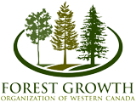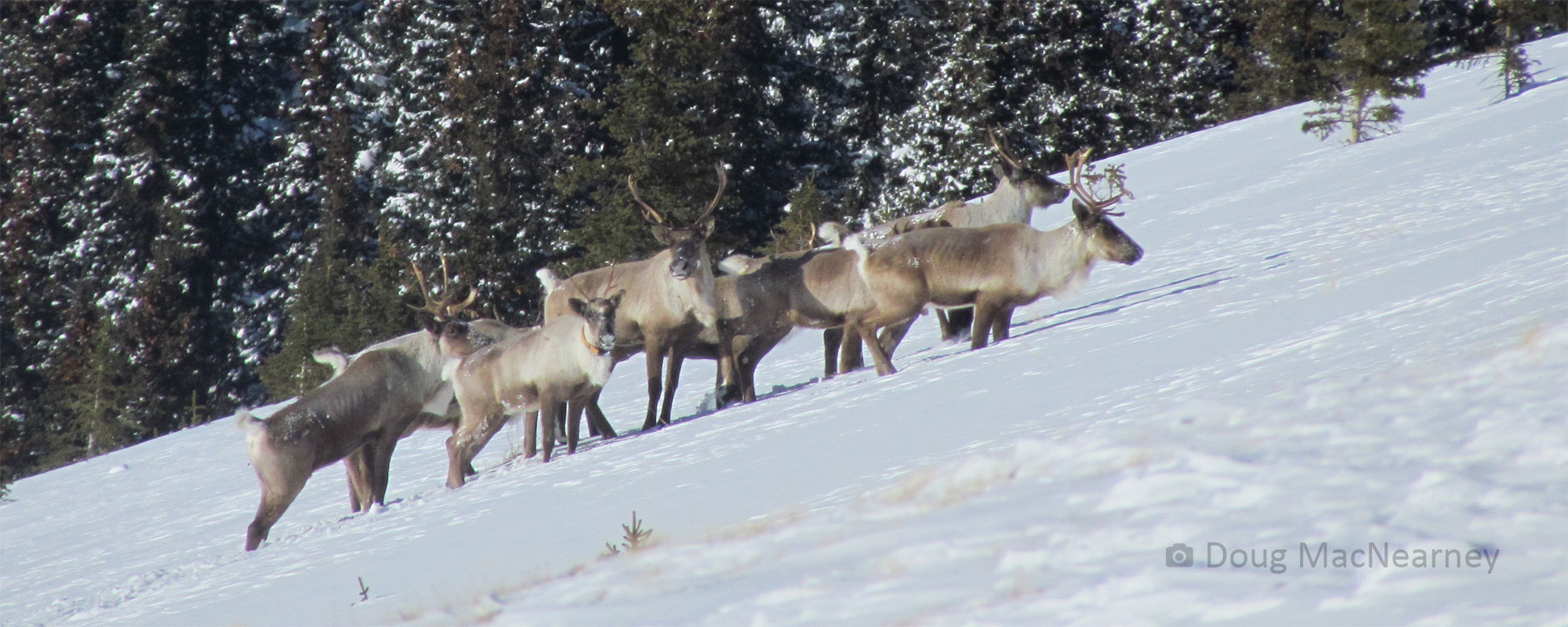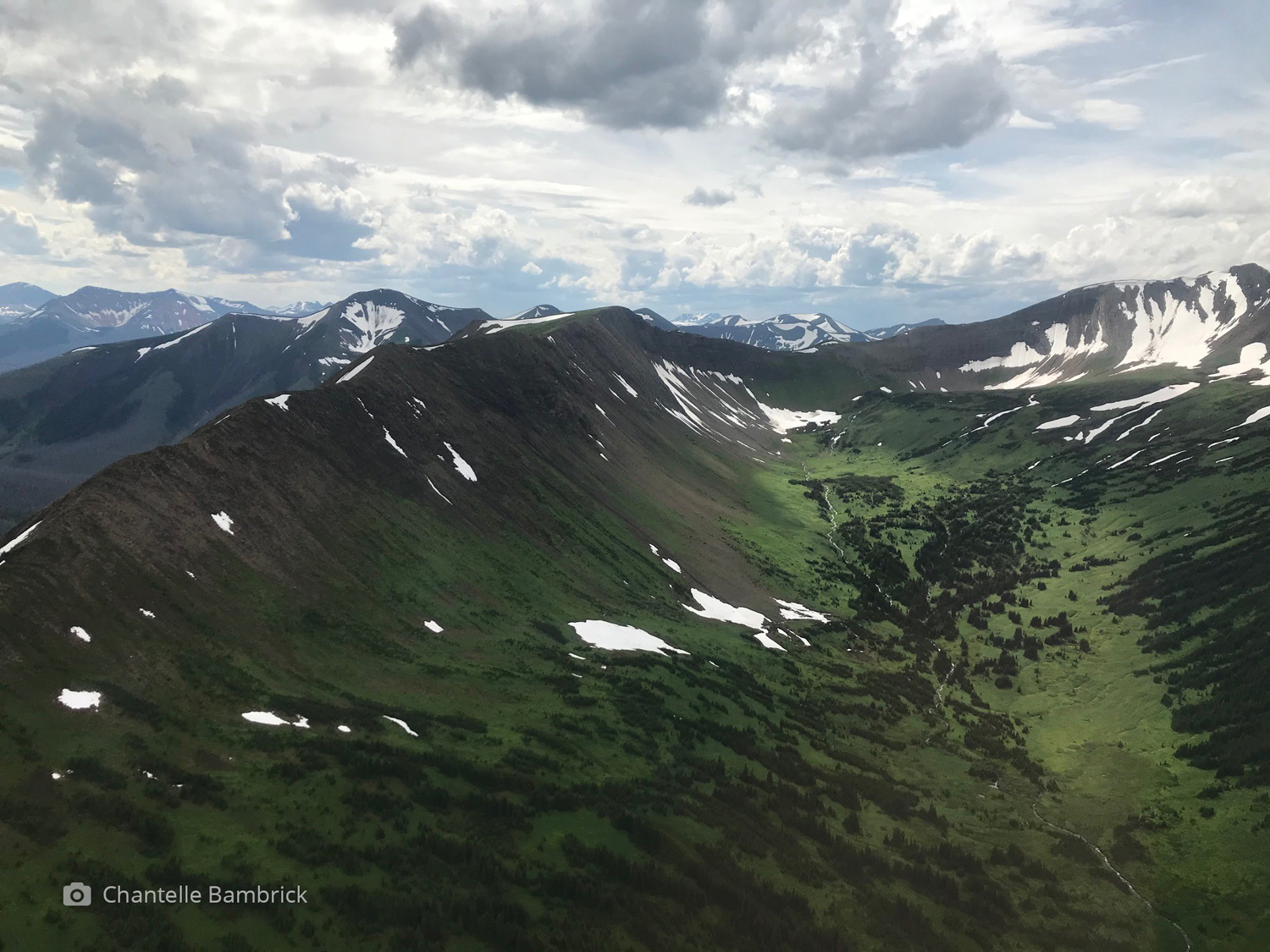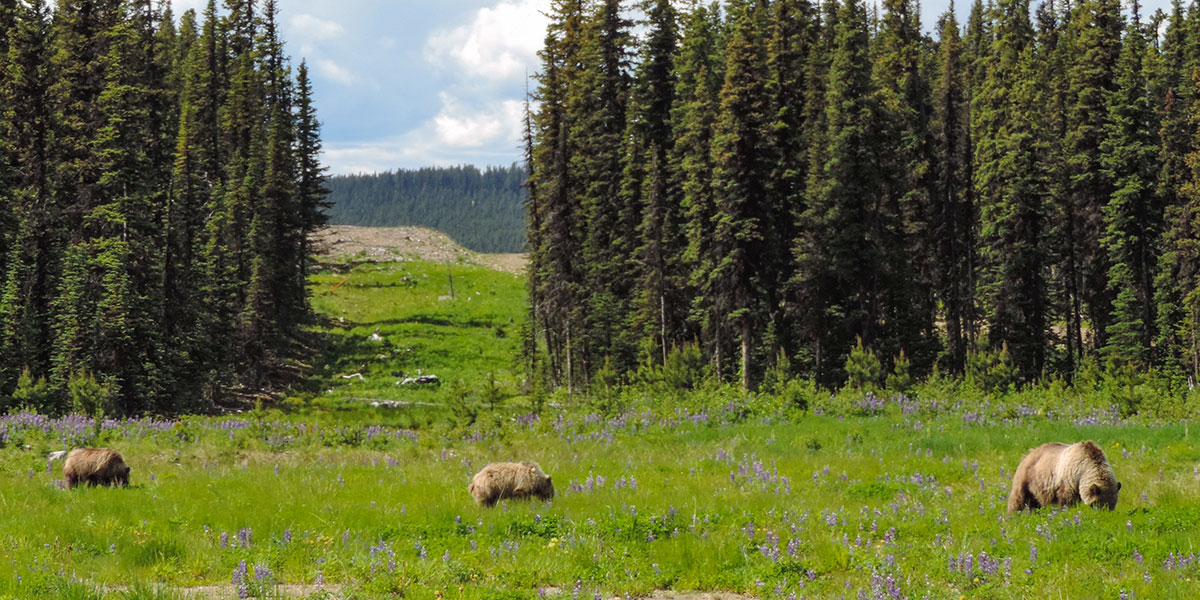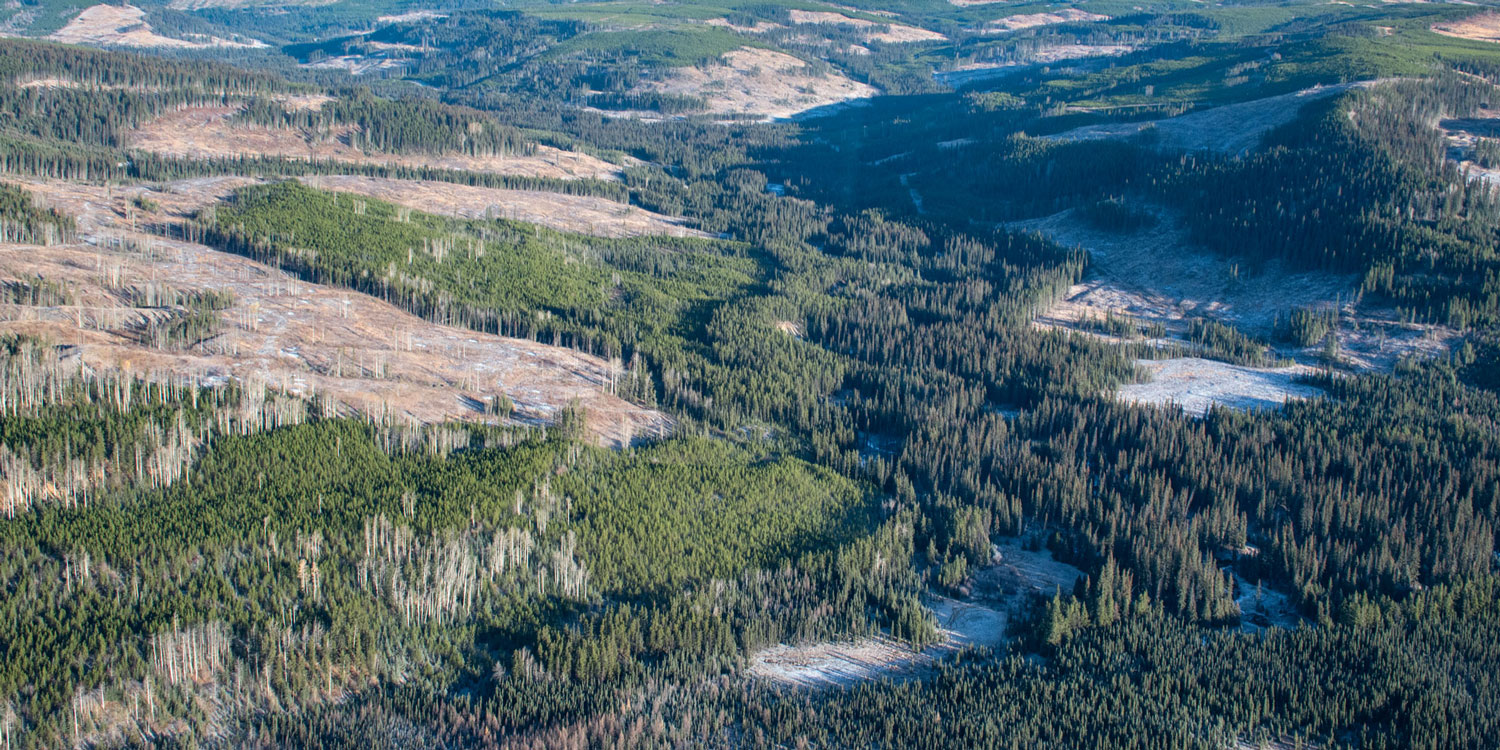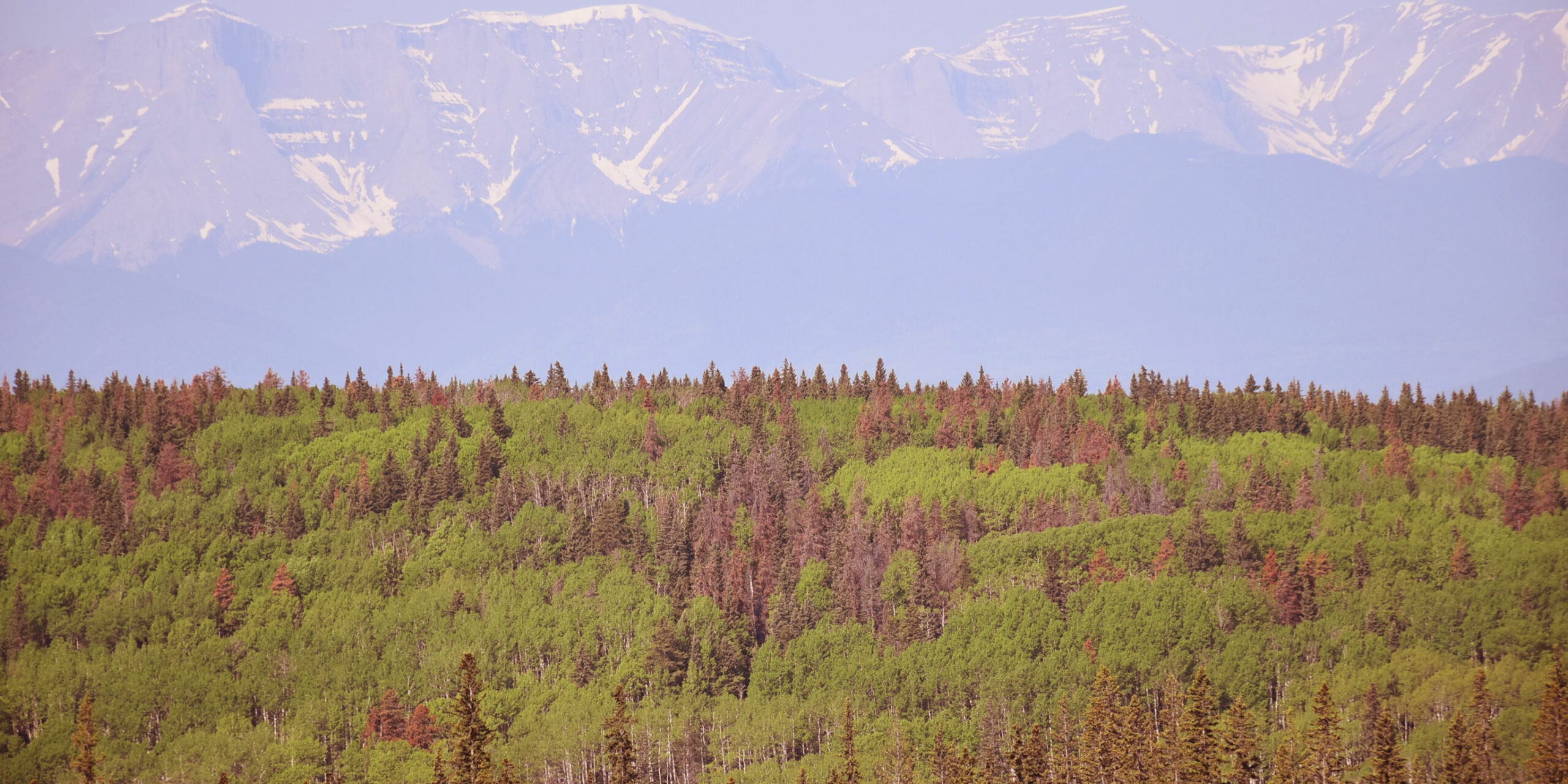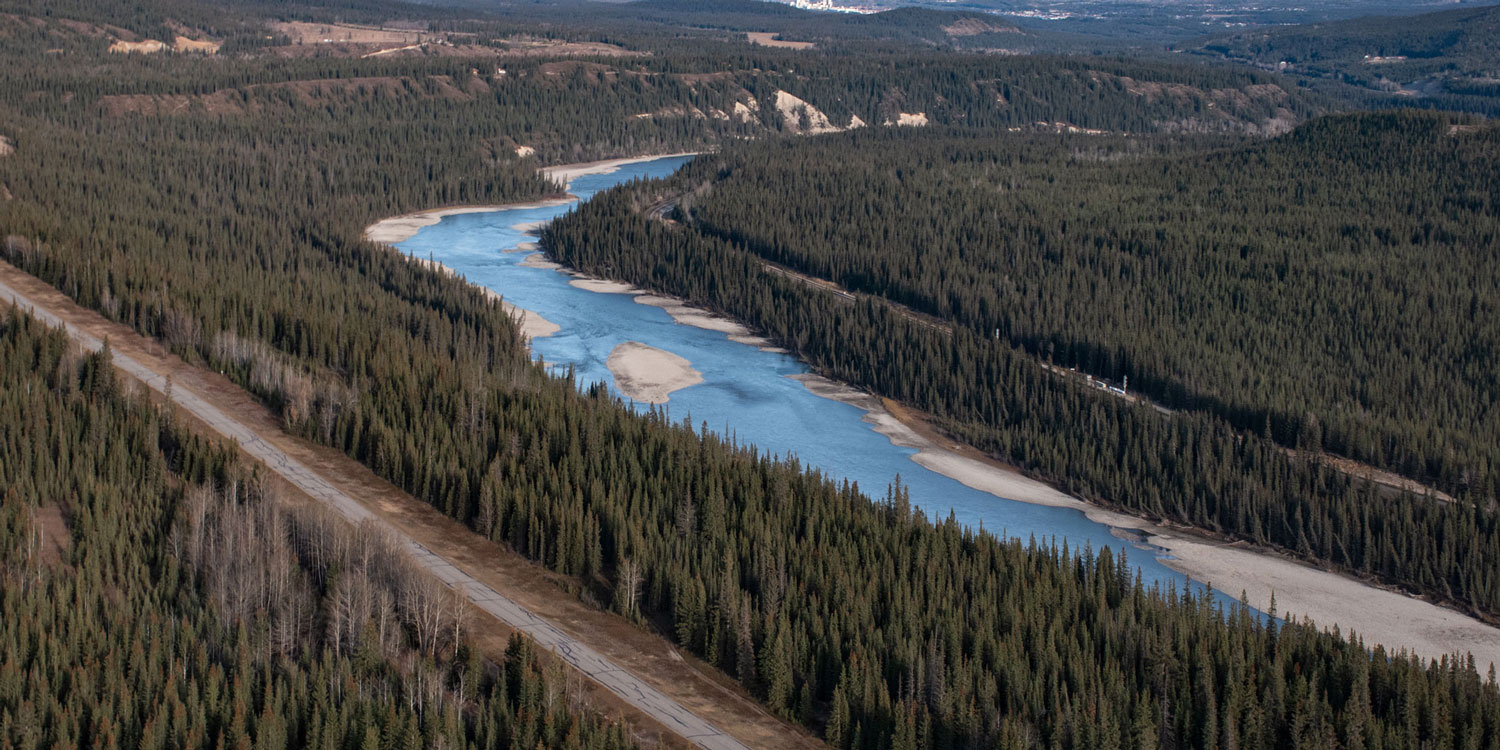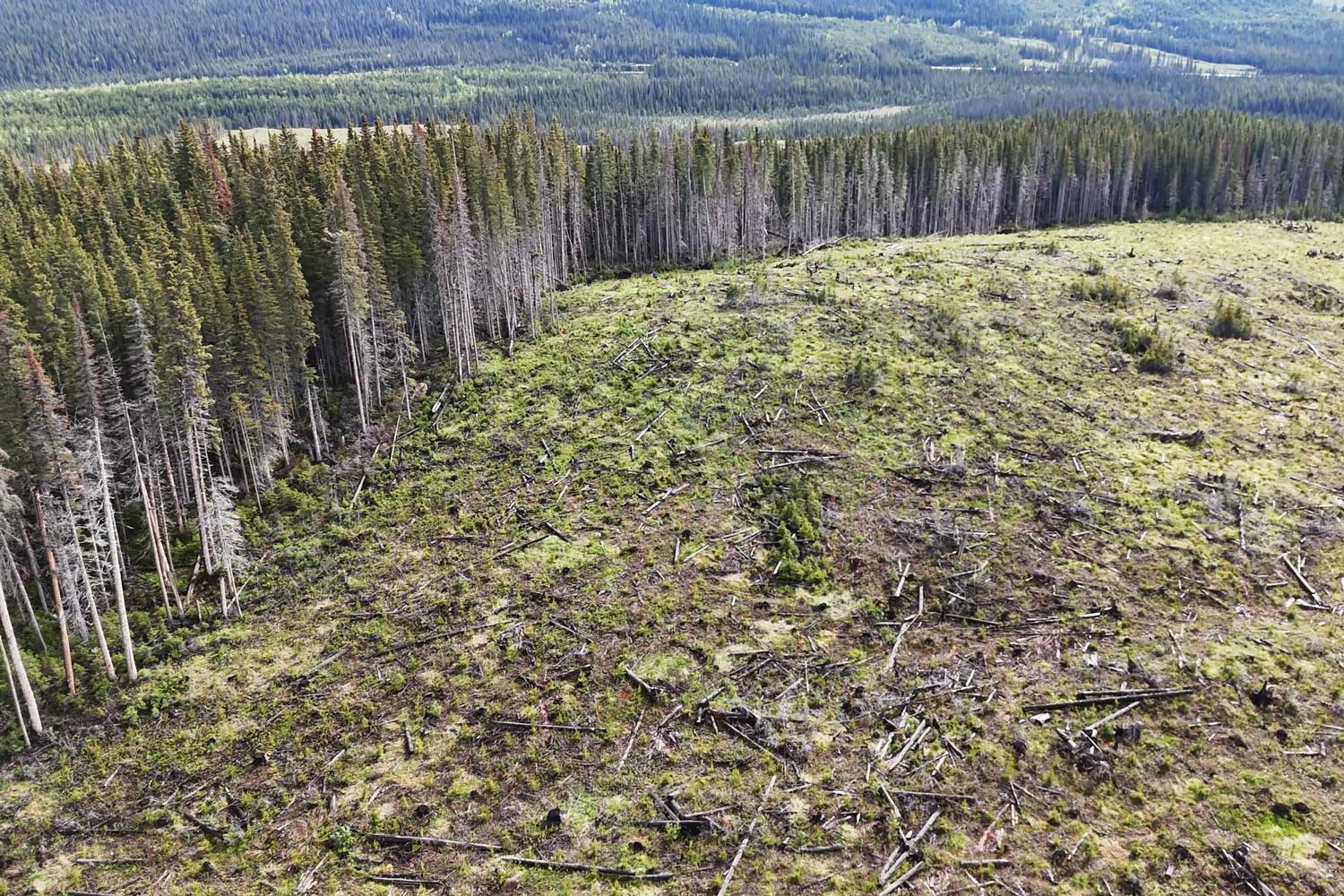
Quick Links
Playlist of all FGrOW Webinars
January 5, 2024: Introduction to the Mixedwood Growth Model
March 15, 2024: Performance of the GYPSY and MGM Growth and Yield Models in Alberta
January 5, 2024: Introduction to the Mixedwood Growth Model
Mike Bokalo
Abstract
MGM is a deterministic, distance-independent, individual tree-based stand growth model for the boreal forest. MGM is capable of modeling pure or mixed stands of white spruce, trembling aspen, lodgepole pine, jack pine, and black spruce. In August of 2021, MGM was approved by the Alberta Agriculture and Forestry, Forestry Division of the Alberta Government for use in forest management planning in Alberta. In the presentation I will introduce you to the model with a short introduction on its structure followed by a demonstration showing its utility in forest management. I will look at some of its strengths and weaknesses finishing with a look at its role in future forest management.
Presenter Bio
Mike Bokalo has been the WESBOGY Research Scientist since 2001, working as a Research Assistant Professor at the University of Alberta. His work has focused on the WESBOGY Long-Term Study, including data management, data analysis and reporting. In addition, Mike has led development of the Mixedwood Growth Model (MGM) since 2005, has supported the use and application of MGM in forest management planning and yield curve development. He has also conducted studies exploring the applications of remote sensing in the measurement of mixedwood stands. Mike taught Forest Measurements from 2007 to 2020 receiving several teaching awards.
February 9, 2024: Effect of Planting Timing on Survival and Growth of Frozen 1-0 Container White Spruce and Lodgepole Pine
Abstract
The purpose of this study is to evaluate the effect of planting timing on early survival and growth of lodgepole pine and white spruce across a range of site conditions and years of initiation. For each of white spruce and lodgepole pine, six study plots have been established annually from 2020-2023 with measurements taking place after one and three growing seasons. At the conclusion of this trial in 2025, we aim to provide quantitative guidance on the relative risks of planting conifer 1+0 frozen container stock progressively later and beyond a typical spring planting program, which typically ends by about June 10th.
This presentation will share ongoing results from this trial, focusing on year 3 growth and survival of the installations established in spring 2020 and 2021. The most important finding observed thus far is a consistent growth and survival reduction associated with late June planting in both species. Even mid-June planting appears to carry some risk, though the effect may be more site-specific and driven by the climatic factors of the year. While these results should be considered preliminary, this study does provide quantitative evidence that keeping spring seedlings planted squarely into truly spring conditions will lead to higher short-term survival and growth outcomes.
Presenter Bio
Dr. Amanda Schoonmaker is an NSERC Industrial Research Chair for Colleges in Boreal Reclamation and Reforestation at NAIT’s Centre for Boreal Research (CBR). Amanda has a field-based, eco-physiological plant background with more than 15 years of field research experience. Since joining NAIT in 2011, she has been working on applied research projects in forest land reclamation and post-harvest reforestation. Amanda and her team have secured funding for over 13 federal and provincial grants and partnered with 17 companies and industry associations to support applied research projects at CBR; she has supervised and mentored 59 student research assistants from colleges and universities across Canada since 2012.
March 15, 2024: Performance of the GYPSY and MGM Growth and Yield Models in Alberta
Presenter Bio
Robert Froese grew up in Vancouver, British Columbia near the gates of the University of British Columbia, surrounded by the forests of Pacific Spirit Park. He has always been drawn to forests and inspired by their relationship with human well-being. Robert’s core values include the importance of knowledge in informing decisions people make about their place in the natural world and is committed to the role that universities can have in promoting wide general good, through professional excellence, creative scholarship, and a sincere dedication to learning. This commitment has been shaped by his academic and professional experiences in British Columbia, Idaho, Michigan, and Alberta, and is the foundation of Robert’s research and teaching in forest biometrics, modelling, and growth and yield.
Robert now makes his home in the mixed boreal and montane forests of Alberta, Canada. He is a Certified Forester with the Society of American Foresters and a Registered Professional Forester in Alberta.
